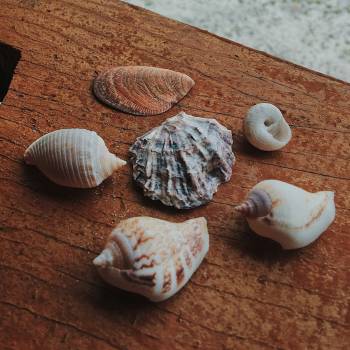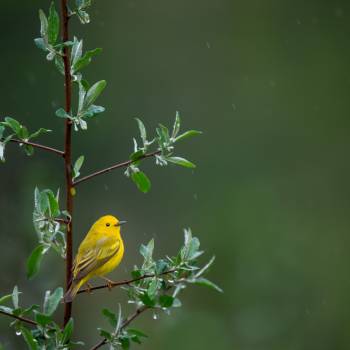بسم الله الرحمن الرحيم
There is an oft-forgotten ‘ibaadah that is easy to do, and it’s also one of the most important acts of worship in the Sight of Allah ta’ala.
It is the remembrance of Allah’s blessings.
When we do tadabbur of the Qur’an, we’ll notice that amongst the most essential da’wah of the Prophets ‘alayhumus-salaam to their ummah was the call to reflect and remember the blessings of Allah subhanahu wa ta'ala. There are so many ayaat that repeatedly highlight this principle, such as:
“And when Musa said to his people: O my people! Remember the Favour of Allah to you, when He made Prophets among you, made you kings, and gave you what He had not given to any other among the 'Alamin (mankind and jinn in the past).” [Surah Al-Maida 5 : 20]
“(Hud said to his people:) So remember the graces (bestowed upon you) from Allah, so that you may be successful.” [Surah Al-A’raf 7 : 69]
Even Allah ta’ala says: “O mankind! Remember the Grace of Allah upon you. Is there any creator other than Allah who provides for you from the sky and the earth?” [Surah Fatir 35 : 3]
How often do we truly remember the blessings that Allah has given us? Sheikh Assim Alhakeem once told a story about someone who seemed down. When asked, he said it was because he was tired from taking care of his children, and having to go to work every day. So the sheikh gave this beautiful advice:
When you sit with your family, praise Allah, as there are those who wish for what you have.
When you wake up early for work, praise Allah, because there are those who are jobless and wish for what you have.
When you are tired from doing groceries and household chores, praise Allah, because there are those who are not physically fit or not financially well like what you have.
When you drive in your car, or walk down the streets, praise Allah, because millions live in fear and under oppression, and they wish for what you have.
And when you finish praying two rak'aah, praise Allah, because there are millions of buried people wishing for what you have (i.e. the ability to do more acts of worship).
Subhana Allah.
And I remind myself before others, that indeed, we tend to take Allah’s blessings for granted. We forget to be grateful for our health, for our beating heart, for the roof over our head, the food in our fridge, the ability to worship Allah, the capacity to do khayr, and the fact that we are on iman and of the ummah of Rasulullah salla Allahu ‘alayhi wa sallam.
Instead, what do we often do? We complain, and we complain bitterly. Allah ta'ala says: “Verily, man is {kanood} to his Rabb.” [Surah Al-’Adiyat 100 : 6]
Imam Al-Hasan Al-Basri rahimahullah explained that {kanood} is to remember, to count, to complain about every single hardship that befell upon a person, but he forgets the numerous blessings he receives from his Rabb. Subhana Allah, how many of us do this on a daily basis!
Instead, our Deen advocates us to be people of shukr. But Allah ta’ala is not in need of our gratitude, rather this mindset benefits us foremost. The more we are grateful, the more Allah will bless us with khayr.
“If you are grateful, I will give you more (of My Blessings).” [Surah Ibrahim 14 : 7]
Allah ta'ala will increase us with khayr when we live a life of shukr. If we’re ungrateful, if we would rather live a life of complaints, then it means we’re actually purposely choosing to be victims — because there will be no increase for us.
I end this article with the following beautiful hadith. Mu’adh ibn Jabal radhi Allahu ‘anhu said that Rasulullah salla Allahu ‘alayhi wa sallam held his hand, and said:
“O Mu’adh, I swear by Allah that I love you. I advise you to not forget supplicating after every (obligatory) prayer:
اللَّهُمَّ أَعِنِّي عَلَى ذِكْرِكَ وَشُكْرِكَ وَحُسْنِ عِبَادَتِكَ
Allahumma a’innii ‘alaa dzikrika, wa shukrika, wa husni ibadatika
O Allah, help me to remember You,
to be grateful to You,
and to worship You in the best manner.”
[Sunan Abi Dawud 1522 | Graded Sahih by Al-Albani]
We ask Allah to make us amongst His grateful servants in both ease and hardship.
Your sister in Deen,
Aida Msr
 Aida Masuri Mustafa
Aida Masuri Mustafa 





Izzah
Aida Masuri Mustafa